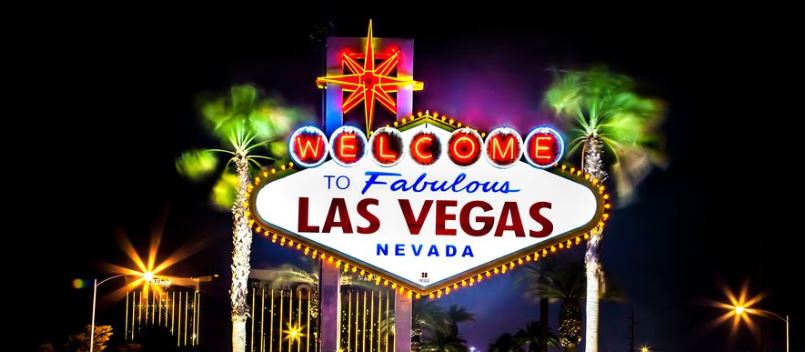Thirty Times Worth More than Vegas

Japan has a ban on most gambling activities, which makes gambling statistics even more enjoyable. Regardless of the gambling ban, according to statistics, the country’s pinball gambling rakes in more than the casinos in Las Vegas, in fact, thirty times more.
Despite the gambling ban, the industry offers employment to more individuals than that provided by the top ten car manufacturers. The job accounts for almost half of Japan’s leisure activities. Recently, the casino was legalised, although the revenue estimation does not come near that of pachinko. The country spends around $200 billion annually on the vertical pinball game called pachinko. With the industry being under Korean Japanese management for so long and at the same time faced decades of discrimination by those who found it impossible to enter any form of traditional employment once World War II ended. Most of the owners of parlours in Japan still support North Korea and therefore sent millions of dollars to the regime.
Gamblers in Japan Love Pachinko and Spend $200 Billion a Year.
The amount Japanese gamblers spend on the virtual pinball game pachinko is thirty times the annual gambling revenue in Las Vegas, it is more than the entire GDP of New Zealand and double the car export industry in Japan.
Currently, there are 10,600 parlours offering pachinko gaming in Japan that entices players to enjoy rows and rows of colourful, flashing pachinko machines. The game aims to drop the silver ball bearings into the middle hole, which is the scoring hole. This is done by turning a single wheel, controlling the movement of the balls that enters the machine. It requires quick action and skill as once the balls bounce down the house are bound to come out on top.
Pachinko is the Most Popular Game, yet it Remains in a Grey Legal Space.
Despite the massive popularity of pachinko, the parlours offering the game still operate in a grey space legally. In Japan, gambling is banned, and the only exceptions are betting on some auto races and horse racing. The biggest of all corporate operators in Japan is Dynam, which currently runs more than 400 pachinko parlours around the country. These are promoted as being quieter and cleaner than other rooms. A Korean Japanese individual manages most of the parlours. The main reason these people ended up seeking employment at the parlours is that they were unable to find jobs after the war.
People that did achieve their regular goals are employed as truck drivers, teachers or postal workers. The rest was split between food and gambling; most of the women ended up in Korean barbeque restaurants, while the men are employed in the gambling sector. To remain legal, the pachinko parlours found a loophole when it comes to winning. The number of winnings can be exchanged at a counter for items and those who win big and don’t want hundreds of soap bars to go far away to an alley where cash can be requested.
